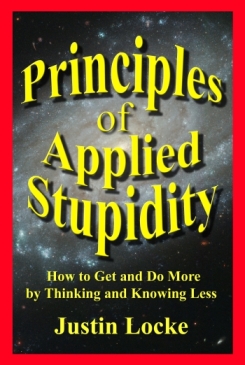So I was watching 60 Minutes last night and there was Robert Ballard chatting about finding the Titanic. He pointed out that everyone else was doing things the same old way (using sonic echo technology), even though repeated applications of that approach had failed to find the ship. So he tried something else (looking for debris trails), and while other expeditions had spent months looking for Titanic and had failed, he tried a different method and found it in 12 days.
Later in the interview, he was asked about his critics, and he said, “in academia, there is no ‘I.’ There is only “we.”
Boy did that tell a story.
There is a lot to be said for fitting in and being one of the gang, but if you succeed where others have failed, don’t expect a lot of applause from those who feel that loyalty to the system is more important than results.
I have said it before, I will say it again: to be innovative, you have to be disloyal to the past. And generally speaking, disloyalty is generally frowned upon, especially by those who are the most loyal. They want you to be loyal too.
I truly believe that it is not a lack of opportunity or ideas or energy or talent that holds most people back. It is an unwillingness to be disloyal to the old ways. It’s a very powerful force, and Principles of Applied Stupidity are all about overcoming that force. 
I leave you with a quote from Dr. Ballard: italics mine:
“All kids dream a marvelous image of what they want to do. But then society tells them they can’t do it. I didn’t listen. I wanted to live my dream.”
© Justin Locke
